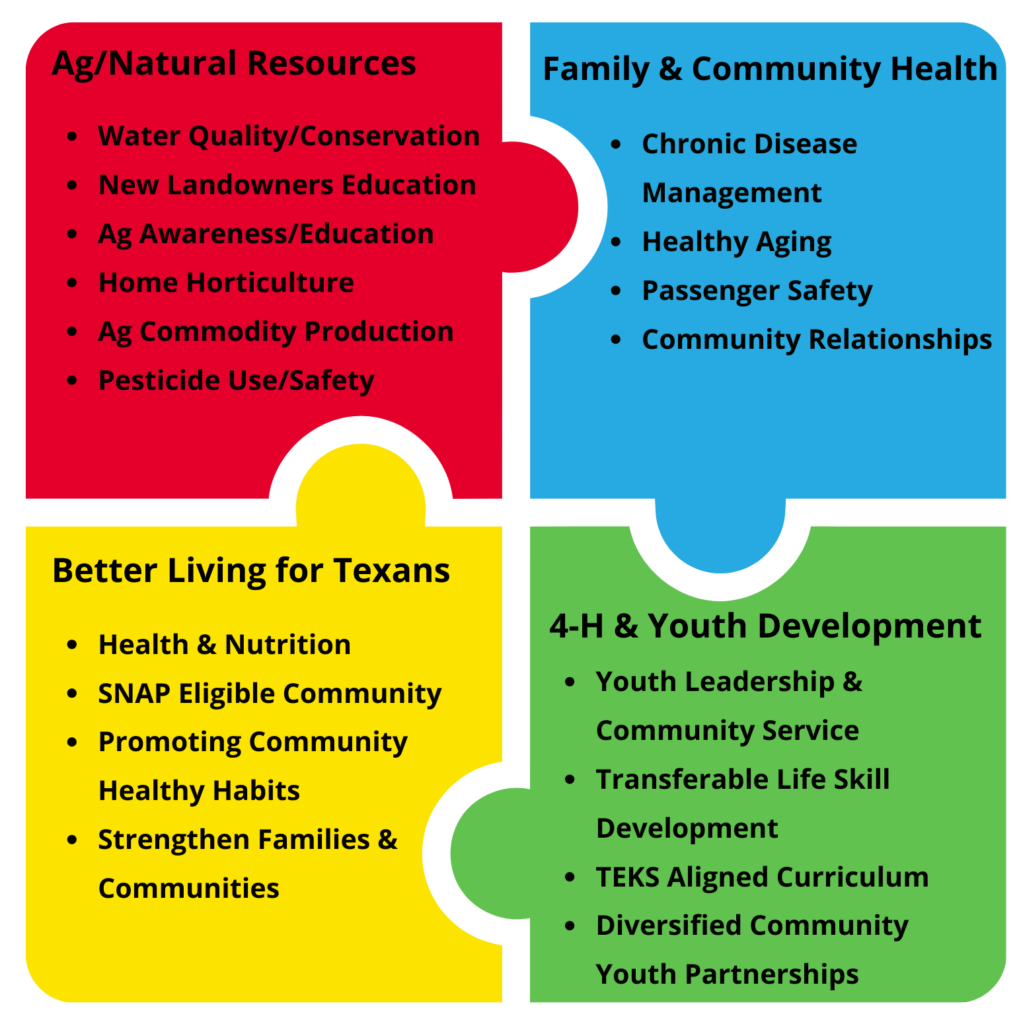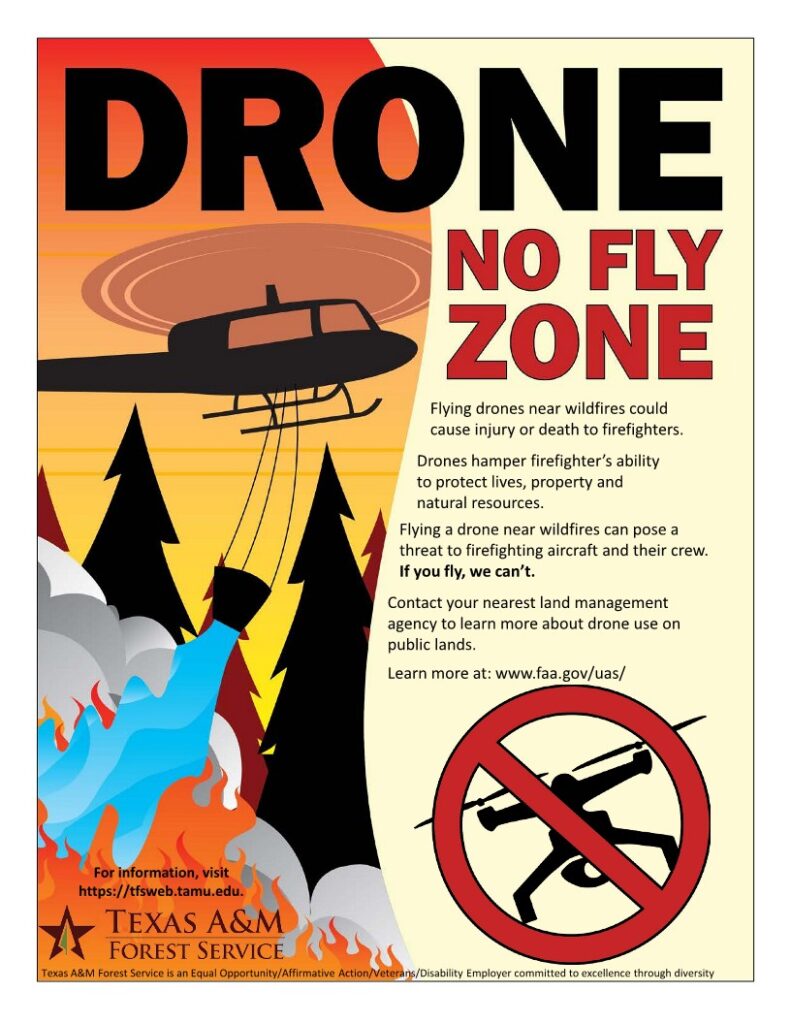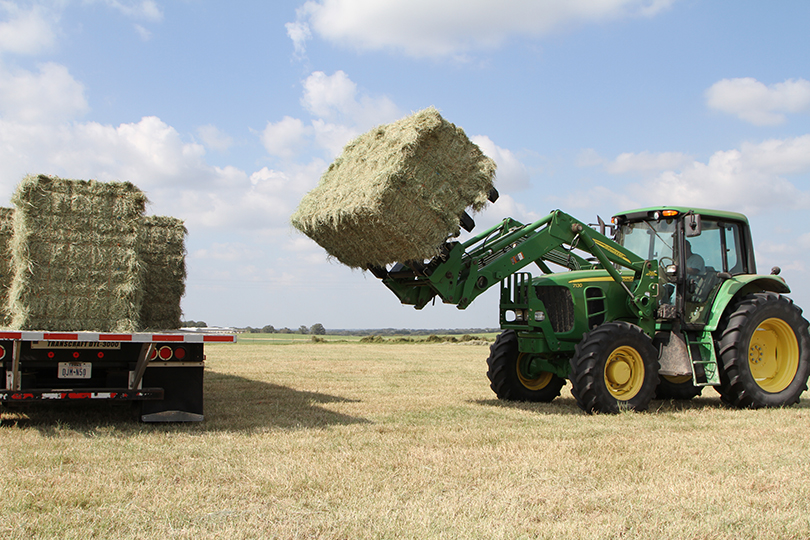
Ellis County
The Texas A&M AgriLife Extension Service offers a diverse array of educational programs, activities, and resources—these range from self-study activities to programs that you can attend. No matter the name, Extension programs are based on objective, research-based, practical information that you can use today. We invite you to explore the Ellis County Texas A&M AgriLife Extension Service website to find informative articles, resources, volunteer programs, youth development opportunities, healthy lifestyle suggestions, and more.
Texas Community Futures Forum 2024
We Want to Hear From YOU!
Developing educational programs based on community needs is the foundation of Texas A&M AgriLife Extension Service’s success. Our ability to meet educational needs depends on knowing what residents see as the issues that impact their lives.
What issues do you see or identify affecting your community (Ellis County) over the next 5, 10, 15, or 20 years?
Click HERE to give your feedback.
Mosquitoes
Mosquitoes affect the health of people and animals more than any other insect pest worldwide. Biting female mosquitoes transmit many infectious agents that cause diseases such as encephalitis, malaria, dengue, chikungunya, Zika virus, and yellow fever.
Learn More:
Click on the image, or HERE, to read the full article.

Click on the image, or HERE, to read the full article.
Flying drones near wildfires could cause injury or death to firefighters. Drones hamper firefighter’s ability to protect lives, property and natural resources. Flying a drone near wildfires can pose a threat to firefighting aircraft and their crew. If you fly, we can’t.
Contact your nearest land management agency to learn more about drone use on public lands.
Learn more at: www.faa.gov/uas/
USDA drought assistance available to Texas ranchers
USDA’s Farm Service Agency (FSA) reminds drought-impacted ranchers that they may be eligible for financial assistance through the Emergency Assistance for Livestock, Honey Bees, and Farm-Raised Fish Program (ELAP) to cover above-normal expenses for hauling water or feed to livestock or hauling livestock to forage or grazing acres.
Click Here to read the full article.
Contact:
Farm Service Agency
1822 Fm 66
Waxahachie, TX 75167
Phone: (972) 937-2660
OUTBREAK OF HESSIAN FLY IN CENTRAL TEXAS: WHEAT AND MANAGEMENT DECISIONS
Hessian Fly is appearing to be a widespread issue in portions of the Texas Blacklands this year. The Hessian Fly is a small fly that during the larval stage can be a significant pest of wheat and some other small grain crops like barley and rye. There are several wild host plant species for the Hessian Fly including quackgrass, western wheatgrass, goatgrass, timothy, and various other wild grasses.
Click Here to read more on the Outbreak of Hessian Fly in Central Texas.
Watch Out For Fall Armyworms
With our current temperatures and anticipated rain, forage producers need to be scouting for Fall Armyworms infestations in their fields. The fall armyworm, Spodoptera frugiperda, is a common pest of bermudagrass, sorghum, corn, wheat and ryegrass, and many other crops in north and central Texas. Larvae of fall armyworms are green, brown, or black with white to yellowish lines running from head to tail. A distinct white line between the eyes forms an inverted “Y” pattern on the face. Four black spots aligned in a square on the top of the segment near the back end of the caterpillar are also characteristic of the fall armyworm. Armyworms are very small (1/8 inch) at first, cause little plant damage, and as a result, infestations often go unnoticed. Larvae feed for 2-3 weeks and full-grown larvae are about 1 to 1 1/2 inches long. Given their immense appetite, great numbers, and marching ability, fall armyworms can damage entire fields or pastures in a few days.
CLICK HERE to read the full article.
More Resources for Texans
Texas A&M AgriLife Learn offers a robust selection of documents and information sheets, many of which offer a FREE downloadable version, as well as available books and other materials that expand on the topic(s).
Click Here to access AgriLife Learn.

Click Here to access the Ellis County AgriLife Extension Service Repository





